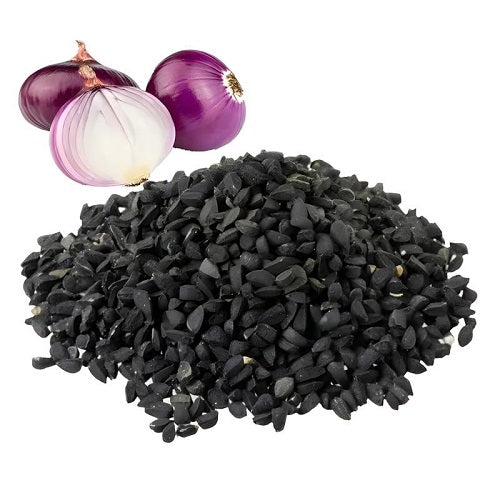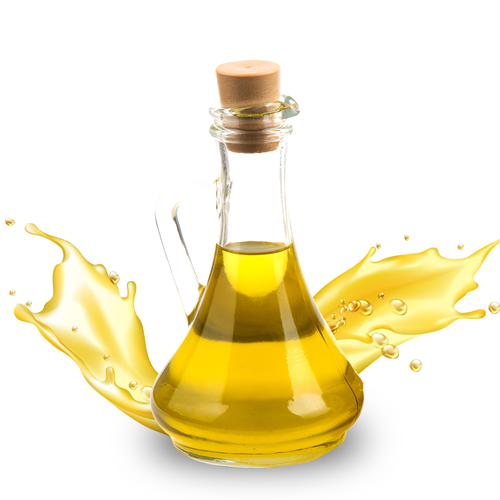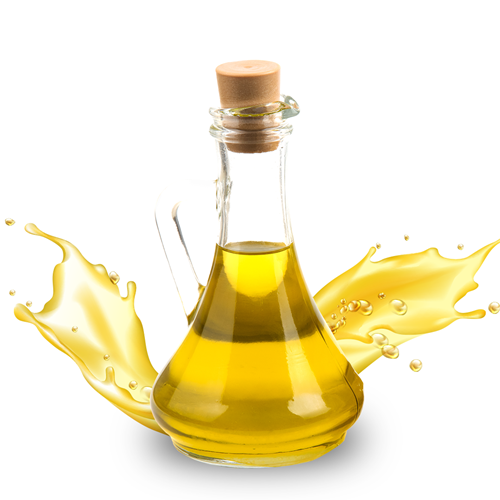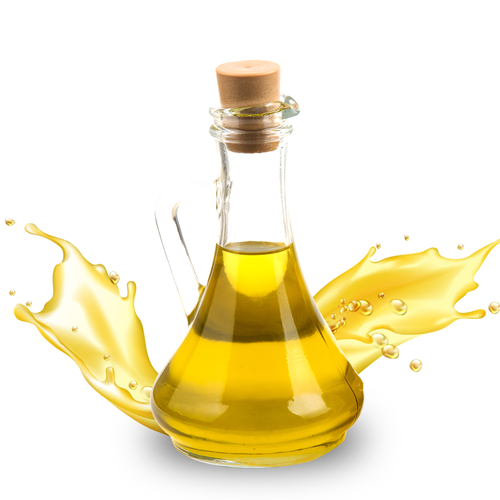Menu
Add description, images, menus and links to your mega menu
A column with no settings can be used as a spacer
Link to your collections, sales and even external links
Add up to five columns
Add description, images, menus and links to your mega menu
A column with no settings can be used as a spacer
Link to your collections, sales and even external links
Add up to five columns
LOOKING FOR BULK INGREDIENTS PRICING?

Benefits of Onion Seeds - Wholesale B2B Bulk Suppliers in Europe
Onion Seeds: A Tiny Superfood for Immunity, Digestion, and Vitality
Onion Seeds, often mistaken for black sesame or nigella seeds, are nutrient-packed marvels that have been used for centuries in traditional medicine and culinary applications. Derived from the Allium cepa plant, these small black seeds are different from nigella (Nigella sativa) seeds, although they’re often referred to interchangeably. Onion seeds carry a distinct flavor and offer impressive health benefits thanks to their rich profile of antioxidants, essential oils, and micronutrients.
Botanical Profile
-
Botanical Name: Allium cepa
-
Family: Amaryllidaceae
-
Plant Part Used: Seeds
-
Color: Jet black
-
Common Names: Onion Kalonji (though different), Pyaz ke Beej, Onion Nigella (colloquially)
Nutritional and Phytochemical Composition
Onion seeds contain flavonoids, saponins, phytosterols, and volatile oils. They are also a source of dietary fiber, trace minerals like iron, calcium, potassium, and small amounts of essential fatty acids.
Health Benefits of Onion Seeds
-
Boosts Immunity
Onion seeds are rich in antioxidants that neutralize free radicals and enhance immune defense. They help reduce oxidative stress and inflammation, strengthening the body’s natural resistance. -
Improves Digestive Health
These seeds stimulate enzyme secretion, aiding in better digestion and nutrient absorption. They also help reduce gas, bloating, and indigestion. -
Supports Respiratory Health
Traditional medicine often uses onion seeds for easing asthma, bronchitis, and nasal congestion. Their anti-inflammatory and antimicrobial properties make them ideal for managing seasonal allergies and cold symptoms. -
Enhances Skin and Hair Health
When used in oils or as part of herbal formulations, onion seeds can reduce hair fall, promote scalp circulation, and improve skin clarity. The antioxidants help maintain youthful skin and reduce blemishes. -
Balances Blood Sugar and Lipid Levels
Some studies and traditional practices suggest that onion seeds may help regulate blood glucose levels and lower cholesterol, supporting heart and metabolic health.
Common Uses and Applications
-
Added to pickles, breads, and spice blends for a pungent flavor
-
Used in powdered form in traditional herbal remedies
-
Infused into oils for external application on scalp or skin
-
Consumed raw or roasted with honey or warm water for wellness benefits
How to Use
Take ½ to 1 teaspoon of onion seeds daily, either raw, mixed with honey, or infused in warm water. For external use, onion seed oil can be massaged into the scalp or skin. Always ensure the seeds are fresh and stored in an airtight container.
Precautions
While generally safe, excess consumption of onion seeds may lead to digestive discomfort in sensitive individuals. Pregnant and breastfeeding women should consult healthcare providers before use. Always differentiate between true onion seeds (Allium cepa) and black cumin/nigella to avoid confusion.
Final Thoughts
Onion Seeds are a powerful yet often overlooked natural remedy that supports immunity, digestion, skin, and respiratory health. Whether used in culinary traditions or holistic wellness routines, these tiny black seeds pack a potent nutritional punch, making them a valuable addition to a balanced, health-conscious lifestyle.
For bulk orders and inquiries, visit Reveda - Onion Seeds
BUY ONLINE IN USA FROM REVEDA - The leading manufacturer B2B Bulk Wholesale Supplier of Onion Seeds in Europe.
Also in Reveda: Health & Wellness

Benifits Of Omega-3 Fish Oil EE - 460 MG/G EPA & 180 MG/G DHA - Wholesale B2B Bulk Suppliers in USA
Read More
SUBSCRIBE NOW ...
Don't miss to get latest updates on sales, new releases and promotions

